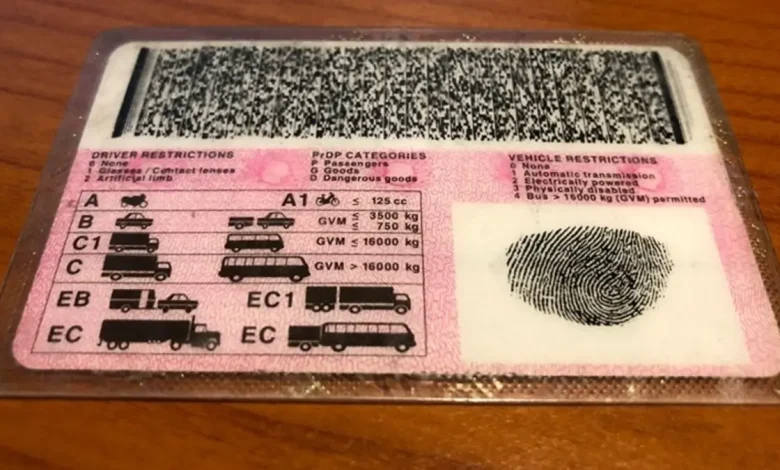South Africa to Extend Driver’s Licence Validity from 5 to 8 Years

The Department of Transport (DoT) has announced plans to extend the validity period of South African driver’s licence cards from the current five years to eight years. This move, long requested by civil groups and motorists alike, aims to alleviate administrative pressure. It also seeks to bring South Africa in line with international standards.
Renewed Effort After Years of Delay
The idea to lengthen the validity period was first introduced by former transport minister Fikile Mbalula in October 2022. However, the proposal was shelved due to concerns around road safety and the durability of licence cards. Now, the DoT has included the proposal in its 2025/2026 annual performance plan. This reignites hopes for a much-needed reform in the licensing system.
According to the department’s plan, the process will begin with consultations with the executive committee, transport officials, and MECs in the first quarter of the 2025/2026 financial year. A public consultation will follow in the second quarter, during which a draft notice will be published in the Government Gazette. Stakeholder committee consultations will be scheduled for the third quarter. If all goes well, the final proposal will be submitted to Parliament by the fourth quarter.
A Long-Awaited Change
The push to extend the licence validity period comes in response to ongoing issues plaguing South Africa’s licensing system—chief among them, the reliance on a single outdated card printing machine. Frequent breakdowns of this critical piece of infrastructure have caused significant backlogs. This led to frustration among motorists who are required to renew their licences every five years.
By extending the renewal cycle to eight years, the DoT aims to reduce the strain on both infrastructure and administrative resources. It would also lessen the impact when inevitable technical problems arise.
Research and Controversy
Support for a longer validity period is not new. The Road Traffic Management Corporation (RTMC) conducted studies indicating that an eight-year renewal cycle would be more efficient and consistent with global norms. Mbalula used these findings to justify his original 2022 proposal.
However, despite this research, the change was never implemented. In 2023, civil society group AfriForum challenged the five-year rule in court, arguing that it contradicted the National Road Traffic Act, which doesn’t state a specific expiry date for driving licences. The Pretoria High Court dismissed the case on a technicality.
The issue flared up again in 2024 after the DoT had ignored its own study supporting the eight-year proposal. The department justified its position by claiming the materials used to manufacture the cards would not last longer than five years. Additionally, it argued that frequent renewals allowed for regular health checks to ensure drivers remained fit to drive. This claim was linked to communicable diseases being a factor in road accidents.
Civil society groups have dismissed these justifications. The Organisation Undoing Tax Abuse (Outa) labelled the claims as baseless. They accused the RTMC and DoT of withholding research to protect a system that generates revenue through frequent renewals. Outa obtained a copy of the RTMC’s 2022 report only in 2024, which, notably, lacked any data supporting the department’s health-related claims.
When pressed for further evidence, the RTMC refused to release more information. The DoT even stated that no such supporting report existed, further fueling public distrust.
Motorists React with Cautious Optimism
The latest announcement met with relief from motorists who have endured years of administrative headaches and delays due to card renewal backlogs. However, critics say the proposed eight-year period is still not enough.
Outa CEO Wayne Duvenage believes the DoT should go further. “We’ve been saying to Barbara Creecy for some time, and the previous ministers: start by extending the validity period of the driver’s licences from five to ten years. It’s a norm around the world, and that takes a lot of pressure off the department straight away.”
Outa has formally written to the transport minister urging a ten-year validity period instead of the proposed eight. They argue that this would bring South Africa in line with global best practices and reduce bureaucratic inefficiencies even further.
Looking Ahead
While the proposed extension is a step in the right direction, the process remains at an early stage. With the government planning a series of consultations and parliamentary reviews throughout the 2025/2026 financial year, the final outcome is still uncertain.
Nonetheless, for many South Africans tired of five-year renewals, the Department of Transport’s renewed commitment to change offers a glimmer of hope. A more efficient and modern licensing system is finally on the horizon.
Related article: JMPD Cracks Down on Unroadworthy Vehicles: What Motorists Need to Know
